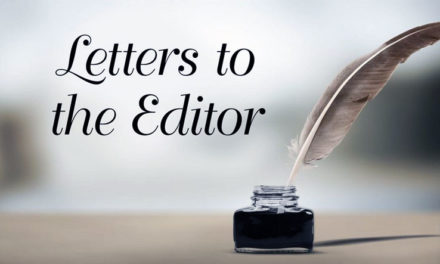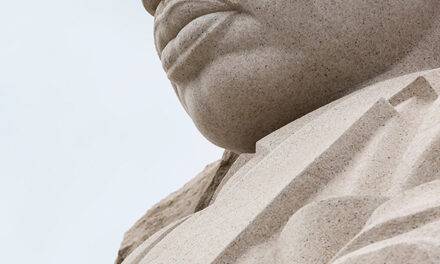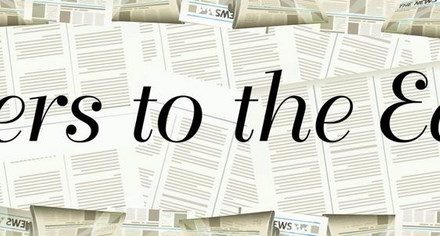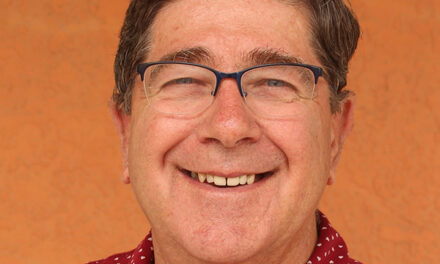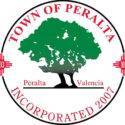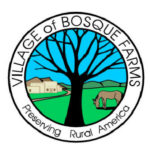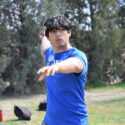What are the chances that I would find out about the 1918 pandemic years ago through a conversation about food?
It seems we can learn a whole lot of history through the narratives of those who have lived to tell, and all we need to do is listen closely.
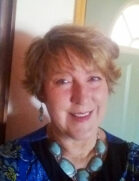
Michelle Ethridge
I heard a fascinating survivor’s story, Ms. Mary’s Spanish Flu story, during a conversation on a trip to the doctor’s office. I thought of her today as I’m socially distancing and longing for the day when we can all live our lives alongside others again.
A few years back, I thought it might be helpful to offer low-cost rides to seniors from the local senior center to the store, pharmacy or eatery, sort of like an Uber. A couple of weeks went by before two people took me up on my offer, one needed to go to the casino for “just a little bit” and the other had a doctor’s appointment in Albuquerque. The casino was something fun, the doctor’s appointment was a little more complicated for me.
When Ms. Mary called to ask about a ride to Albuquerque to her heart doctor, I hesitated because I thought maybe her child or grandchild should be accompanying her. She explained that she was in her 90s but lived alone and only had one child who was very busy.
I was wrong to assume that she had lots of options, and know that serendipity played out that day because I have never forgotten that lesson; the lesson of not judging others, not questioning their choices, and not assuming they aren’t trying to live their best lives. People who go to the casino and people who go to the doctor are both doing what they need to do!
On our drive, we of course talked and the subject was food in general. I mentioned that a person I knew would not eat pizza because of a bad experience he had when he was young. This person hates pizza so much that he swears his wife hates pizza, too, even though she orders it once a week from her favorite spot and gets it all to herself for lunch the next day.
Ms. Mary said “well, I just can’t tolerate watermelon” and when I asked why not, she told me what happened when she was 5 years old, living in the Midwest. She told me it was Easter time, and her mother had bought her a pretty dress, gloves, white patent leather shoes, and a bonnet to wear to church.
Mary wasn’t feeling well, but she and her family attended services and then went to the picnic afterwards where she started to spike a fever. Watermelon was the answer to cool her off, and she was plied with it until she couldn’t eat any more and she upchucked it all, and could keep nothing down for days afterwards while she was hospitalized and diagnosed with the Spanish Flu. She was part of a very high risk group, but she survived.
The 1918 pandemic flu infected more than 500 million people worldwide, about one-third of humans on the planet. In the U.S., it first peaked in October and November 1918 and then peaked again in February and March, much like the Covid-19 virus.
What are the chances the Covid-19 pandemic will change our habits and relationships? What are the chances that each one of us reflects on our lives because of this pandemic? What are the chances that we actually learn a hard lesson from this pandemic and actually start living our best lives once and for all? Just what are our chances?
